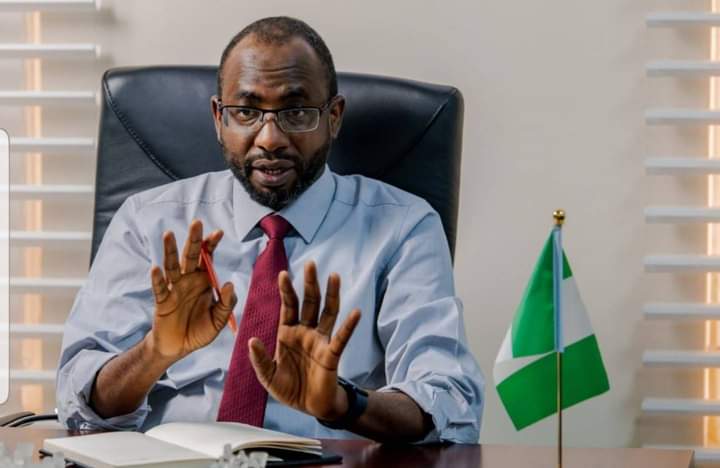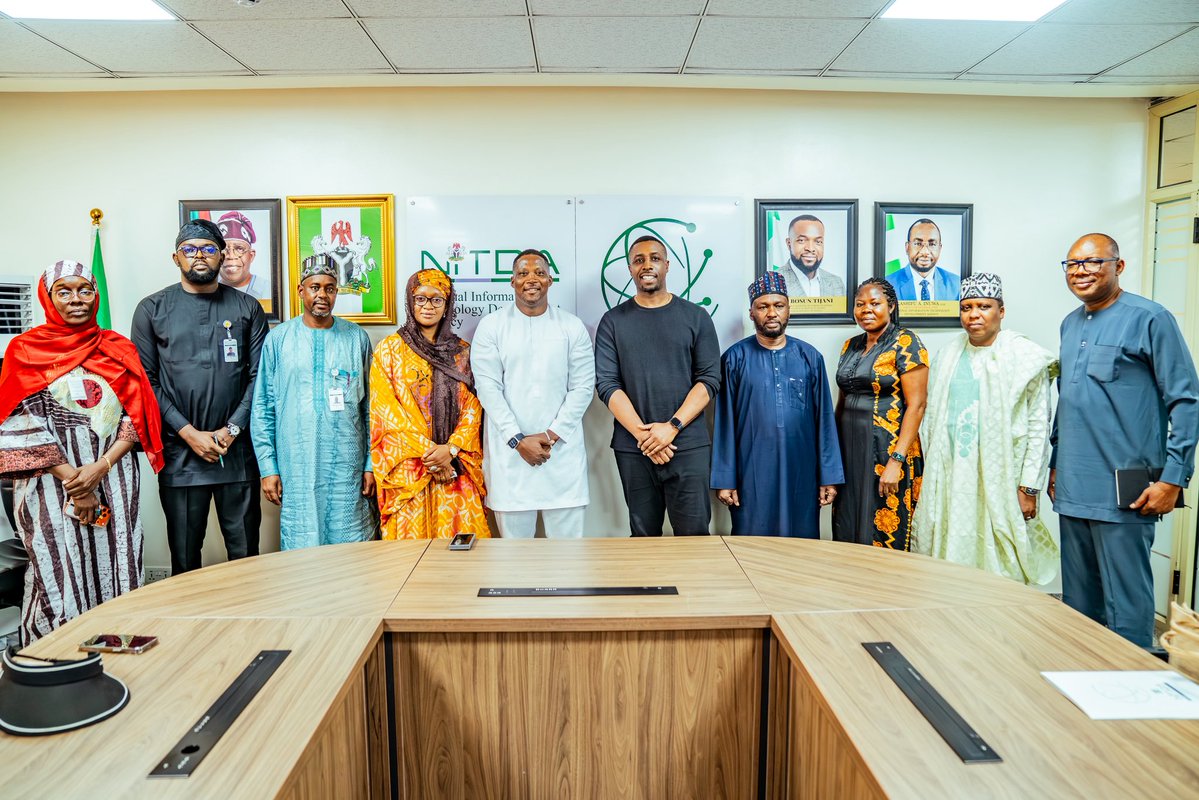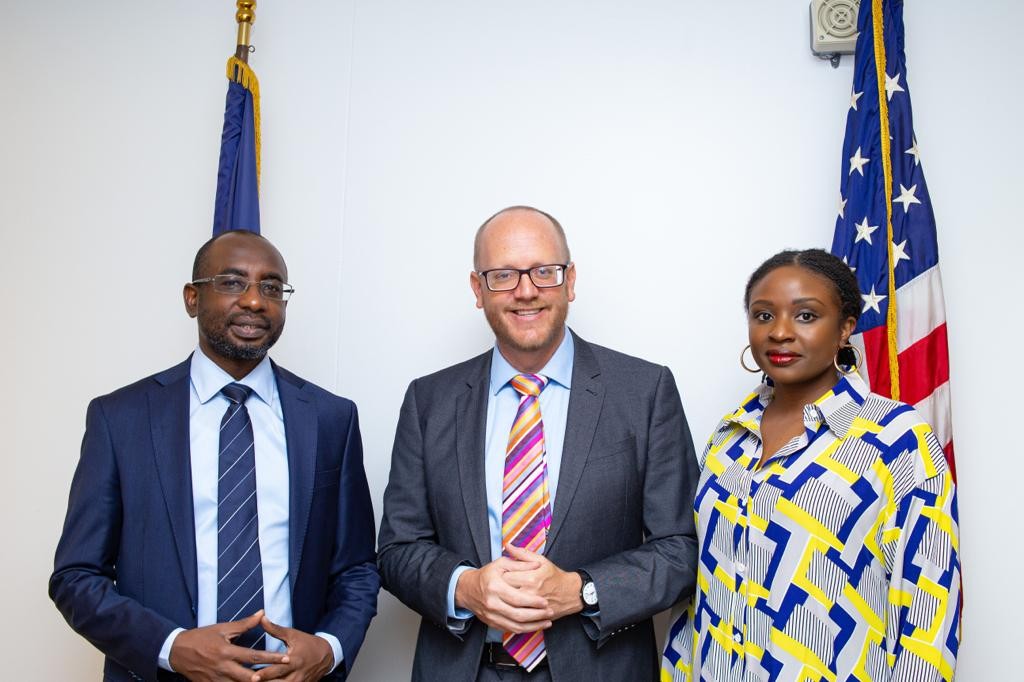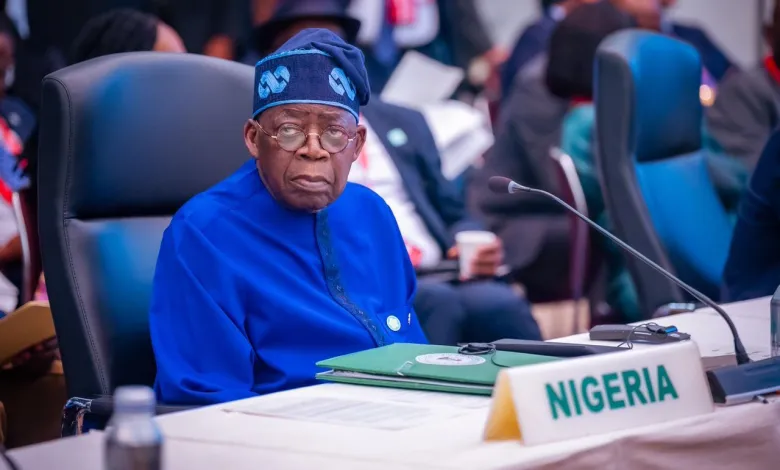Nigeria has declared its readiness to lead Africa’s future economy, emphasizing a clear vision focused on economic diversification and inclusiveness. Kashifu Inuwa Abdullahi, the Director General of the National Information Technology Development Agency (NITDA), articulated these strategic goals as essential for the nation’s progress.
A Clear Vision for Economic Diversification
Kashifu highlighted that Nigeria aims to reduce its dependency on oil by embracing economic diversification. The government understands that a diversified economy is crucial for long-term sustainability and resilience. By investing in various sectors such as technology, agriculture, and manufacturing, Nigeria seeks to create a robust economic foundation.
The technology sector is a focal point of Nigeria’s growth strategy. The country has seen a surge in tech startups, positioning itself as a leading hub for innovation in Africa. The government supports tech hubs and encourages entrepreneurship, which in turn generates jobs and spurs economic development. By fostering a vibrant tech ecosystem, Nigeria aims to capitalize on the digital economy’s potential.
Agriculture also plays a vital role in Nigeria’s diversification efforts. Increasing agricultural productivity is essential for achieving food security and reducing reliance on imports. By investing in this sector, Nigeria can enhance self-sufficiency and create jobs, particularly in rural areas. This approach not only boosts the economy but also addresses poverty and unemployment.
Commitment to Inclusive Growth
Kashifu emphasized that inclusiveness is a fundamental aspect of Nigeria’s economic strategy. The government aims to ensure that all citizens benefit from economic growth. This focus on inclusiveness is crucial for fostering social cohesion and national unity.
To achieve this, the government is implementing programs targeting marginalized communities. Access to education, skills training, and financial resources is essential for empowering individuals. By lifting communities out of poverty, Nigeria can create a more equitable society.
Additionally, the government is committed to supporting small and medium enterprises (SMEs). By simplifying regulations and providing resources, Nigeria fosters a conducive environment for business growth. This support ensures that diverse voices contribute to the nation’s economic landscape.
Kashifu’s vision reflects a broader commitment to sustainable development. By aligning economic growth with social progress, Nigeria seeks to create a balanced approach to development. This holistic strategy is vital for building a prosperous future for all citizens.
Conclusion – Nigeria Ready to Lead Africa’s Economy
In conclusion, Nigeria’s declaration to lead Africa’s economy underscores its commitment to economic diversification and inclusiveness. Under the leadership of Kashifu Inuwa Abdullahi, the government is determined to foster growth across various sectors. By prioritizing technology and agriculture, and ensuring that all citizens benefit from economic progress, Nigeria positions itself as a leader in the African economic landscape. This vision promises not only prosperity for Nigeria but also serves as an example for other nations on the continent.




